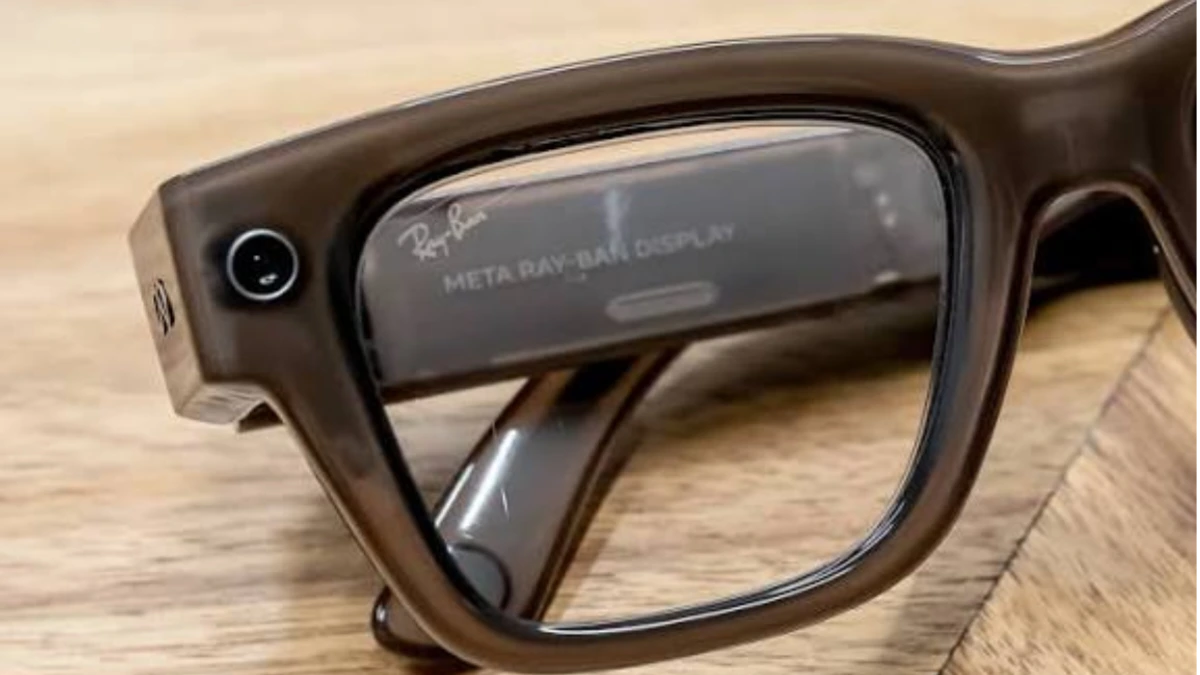Three years after OpenAI launched ChatGPT, a new wave of consumer devices featuring generative artificial intelligence are entering the market just in time for the 2025 holiday shopping season.
From smarter voice assistants to AI powered wearables, technology companies are positioning their gadgets as must have gifts, with Black Friday promotions driving early interest.
Major tech firms, including Amazon, Meta, Alphabet, and smaller innovators like Friend and Plaud, have introduced devices that leverage AI in ways that go beyond traditional digital assistants.
Yet early reviews indicate that no single product has yet established itself as a clear leader in the emerging AI hardware space.
Since the debut of ChatGPT in late 2022, much of the technology sector has concentrated on large language models and artificial general intelligence.
“The real focus has been on AI software and services, rather than consumer hardware,” said Dr. Lena Cho, a senior analyst at the Center for Technology and Society.
“But now we’re starting to see that shift, with devices designed to bring generative AI into everyday life.” AI hardware has included smart glasses, conversational speakers, and personal AI companions that offer users reminders, summaries, and personalized interactions.
Many of these devices are compatible with existing smartphones and home systems, expanding the ecosystem rather than requiring consumers to adopt entirely new platforms.
Amazon has been at the forefront of bringing generative AI to household devices. The company unveiled Alexa+ in February 2025, promising a more conversational, context aware version of its digital assistant.
Later, Amazon introduced a range of Echo speakers and smart displays preloaded with Alexa+, including the $100 Echo Dot Max, $180 Echo Show, $220 Echo Studio, and $220 Echo Show 11.
“The goal is to make Alexa feel less like a tool and more like a helpful presence,” said Michael Grant, Amazon’s vice president of consumer AI. “With Alexa+, conversations are more fluid, and the device can act on behalf of the user in more sophisticated ways.”
Early Black Friday promotions include 11 percent off the Echo Show 11 and 10 percent off the Echo Dot Max. Alexa+ allows users to book rides with Uber, reserve tables via OpenTable, generate music through Suno, and plan trips through Fodor’s, among other tasks. Amazon has said more integrations are in development.
The company is also exploring AI wearables. Its acquisition of Bee, a company known for an AI powered wristband that listens to conversations and provides summaries and reminders, suggests Amazon may expand its device offerings beyond the home.
Experts say consumer adoption of AI devices faces both opportunities and challenges. “People are intrigued by AI, but practical utility and privacy concerns will determine how widely these devices are embraced,” said Dr. Raj Patel, a technology ethics researcher at Berkeley.
Devices that feel intrusive or unnecessary may struggle, even with Black Friday deals. Analyst reports suggest that while AI software adoption continues to soar, hardware is still a nascent market.
In a survey by TechInsights, 38 percent of consumers expressed interest in AI powered home devices, but only 14 percent had purchased one in the past year.
Amazon is not alone. Meta recently previewed updates to its AI-driven smart glasses, and Alphabet is expanding AI capabilities in Google Nest products.
Smaller firms like Friend and Plaud are offering unique AI companions designed to function as personal confidants or digital assistants.
Comparing devices, Amazon’s Echo Studio delivers higher sound quality than the entry level Echo Dot Max, while the Echo Show 11 offers a larger touchscreen than the Echo Show 8.
Meta’s glasses focus on augmented reality experiences, whereas Friend and Plaud target emotional and social interactions through AI.
Shoppers in Silicon Valley and New York have expressed cautious excitement. “I like the idea of a device that can handle scheduling and reminders, but I don’t want to feel like it’s listening all the time,” said Amanda Li, a New York software engineer.
In San Francisco, tech enthusiast Marcus Nguyen said, “I’ve preordered the Echo Show 11 for the holidays. I’m curious if it can genuinely feel smarter than previous Alexa devices.” Retailers note that early demand has been strong but tempered by mixed reviews.
Industry analysts expect AI consumer devices to expand rapidly over the next several years. “We are entering a phase where AI hardware will become as common as smartphones and smart home devices,” said Cho.
“The key will be seamless integration, affordability, and clear benefits to daily life.” Privacy, security, and user experience remain central to adoption.
Companies will need to demonstrate that AI can add value without creating new risks, whether through data misuse or overly complex interactions.
As the 2025 holiday shopping season unfolds, AI devices from Amazon, Meta, Google, and emerging companies offer consumers a glimpse of what the future of smart technology may hold.
While no single product dominates the market, the introduction of Alexa+, AI wearables, and generative AI companions indicates a growing shift from software only AI applications to hardware that brings intelligence into homes and daily routines.
